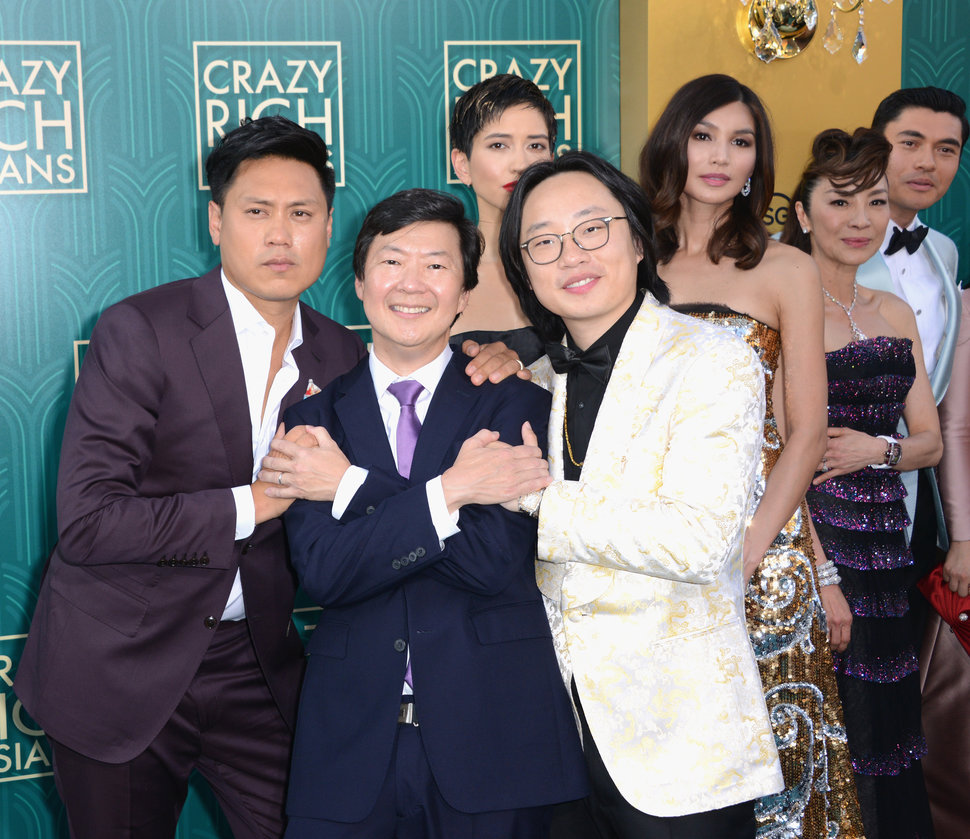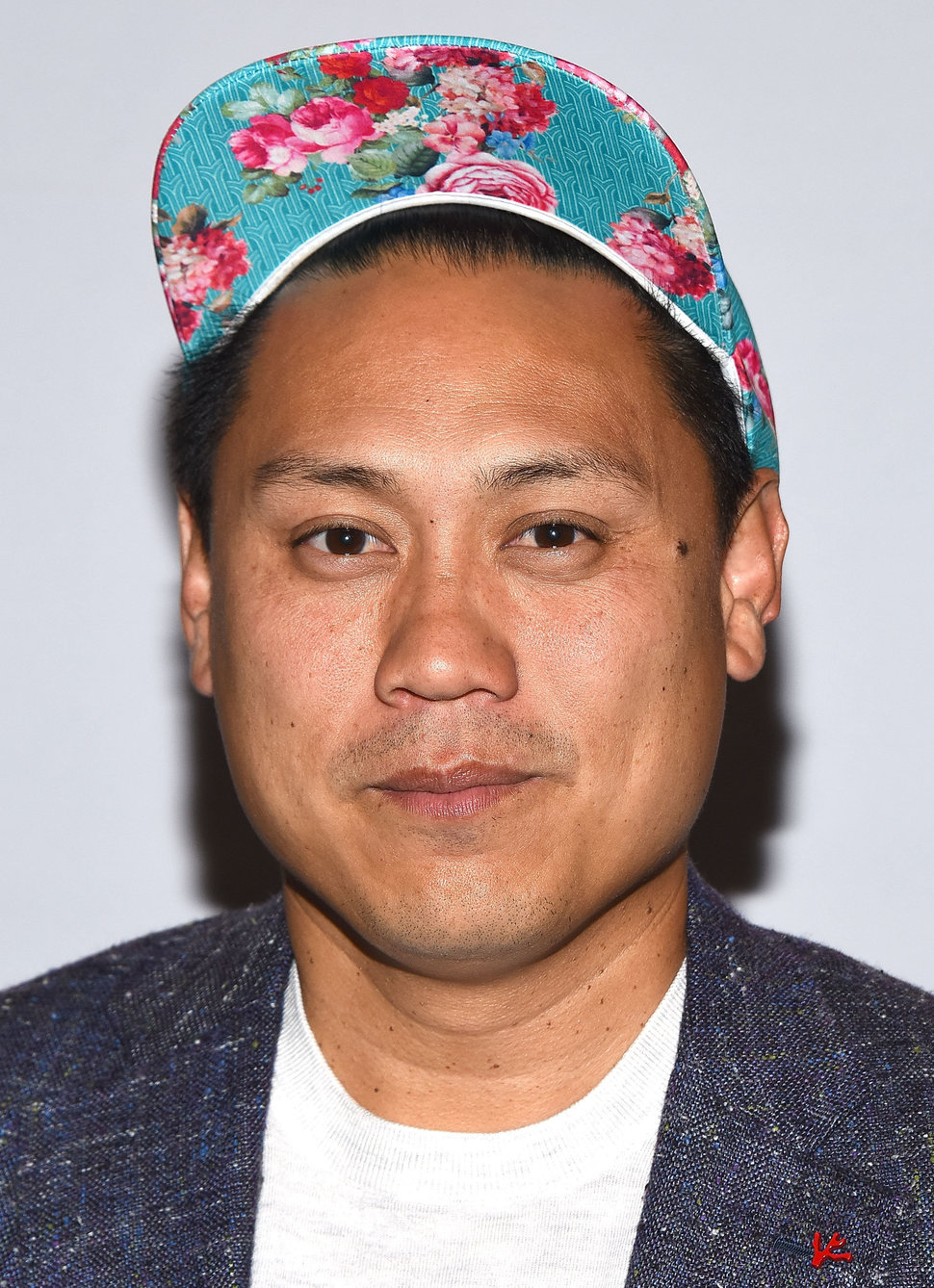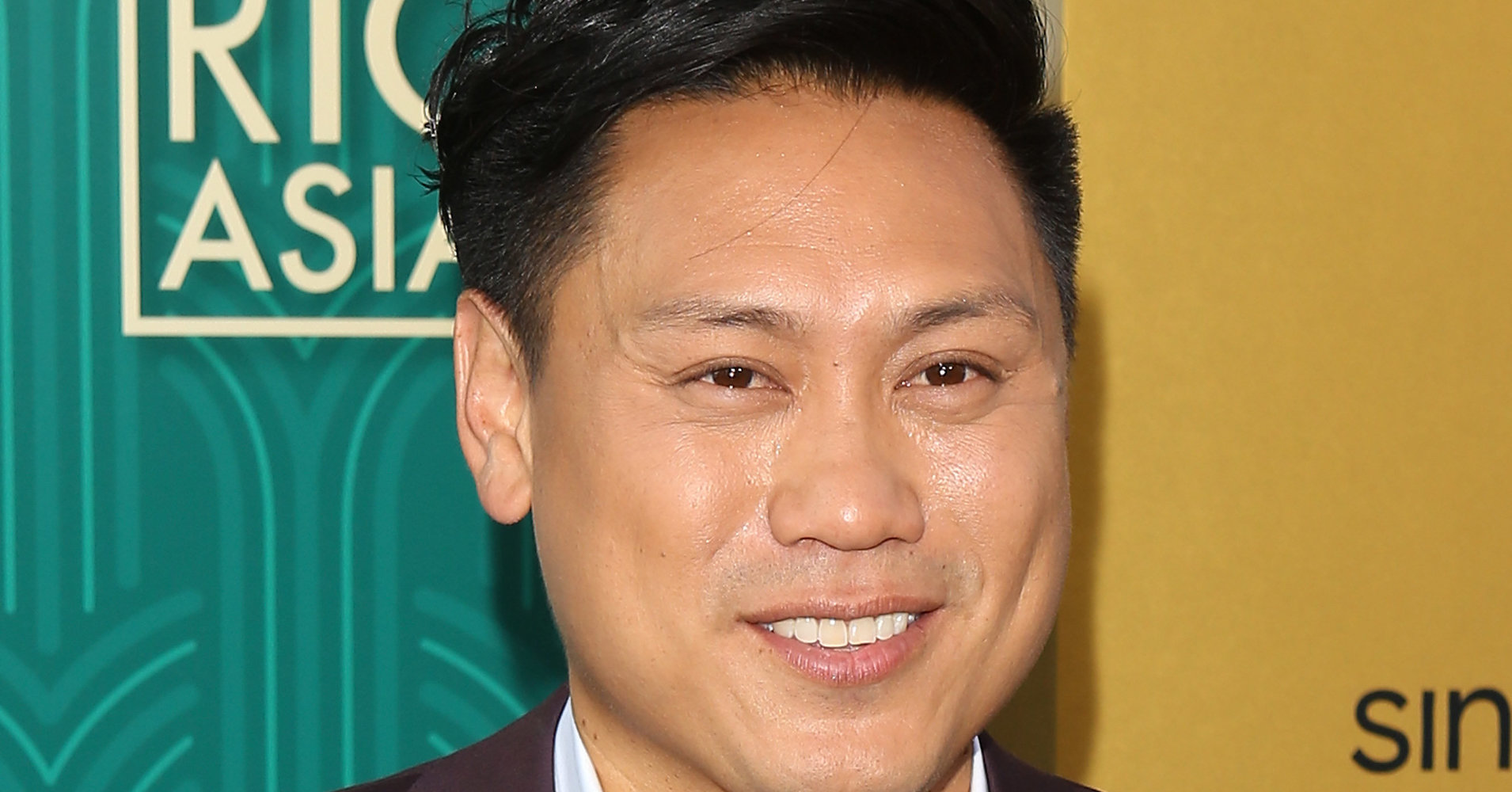[ad_1]
Jon M. Chu sits at the helm of one of summer’s most hyped films, “Crazy Rich Asians” ― a movie that’s already received praise because Asian stories rarely make it onto the Hollywood big screen.
Chu’s own involvement in the film is, in some respects, an ode to his personal Asian story. It’s the product of his uncomfortable struggle with identity ― a struggle familiar to many of us Asian-Americans, who grew up without seeing our cultures reflected in the media and entertainment, who’ve spent years bouncing between love and loathing and embarrassment and pride and, finally, arriving at a fierce reclamation of heritage.
The reason I did this movie and the reason why it took so long for me to explore this as an artist, explore my cultural identity, was because it was such a sensitive part of my heart and my soul.
Jon M. Chu
Though the 38-year-old has directed a significant number of projects, “Crazy Rich Asians” marks Chu’s first dive into any Asian or Asian-American subject matter.
“The reason I did this movie and the reason why it took so long for me to explore this as an artist, explore my cultural identity, was because it was such a sensitive part of my heart and my soul,” the director told HuffPost. “I didn’t want to deal with it.”
Chu was born in Palo Alto, California, to two Chinese immigrants who came to the United States without any English skills. His parents set up a small restaurant, which eventually grew to become the well-known, celebrity-frequented spot Chef Chu’s in Los Altos. Unlike many kids raised in the Chinese restaurant business, Chu said his parents kept him out of the kitchen. They pushed him to pursue different talents and passions instead.

Albert L. Ortega via Getty Images
That effort was, in part, a form of protection, he thinks. His parents wanted to ensure that he would not be ostracized from mainstream society.
“Because my mom didn’t know a lot of English, she almost went quiet for a year. She wanted for us to never feel that,” Chu explained. “She never let us work at the restaurant. They wanted us to do everything they couldn’t do. They put us in music classes, drums, violin, guitar, they took us to shows … ”
Though his childhood didn’t always match the stereotypical Asian-American immigrant family upbringing, Chu said his heritage still made him feel like an outsider.
“When you’re the only Asian in the room, the last thing you want to do is to point out you’re Asian. And be the Asian dude,” he said, admitting that “it’s been a long process to come to terms with why do I feel that way. Where does this … sort of shame about who you are come from?”
There were brief moments of appreciation of his Chinese background, one of which occurred with the release of “Joy Luck Club.” Chu recalled his family seeing the 1993 film together and then, still in shock from having watched a mainstream movie centered around Asian characters, going to a dim sum restaurant and discussing the film for hours while scarfing down small plates. It was a magical moment.
But he told HuffPost that for years, he dodged any major reckoning with his own “Asianness.” He said he never imagined that he’d be leading the charge on another historic, Asian-American-centric Hollywood film some two decades later.
I am a complete, residual effect of people speaking out. I was someone who wasn’t awake to those things only because I had my head down to the ground.
Jon M. Chu
Ultimately it was the increasing push for Asian representation in Hollywood, as Asian-American voices across social media and beyond rose louder, that caused Chu to do some self-reflecting. With every white-washed character ― like Allison Ng in “Aloha,” Major in “Ghost in the Shell” and The Ancient One in “Doctor Strange” ― came an outcry from the Asian community. Campaigns like #Whitewashedout, #StarringJohnCho and #SeeAsAmStar gained steam, fueled by those of Asian descent who grew tired of seeing their faces and stories repeatedly brushed aside.
He decided it was time to look inward and deal with “the scariest part of identity” so that he could both grow as an artist and pay homage to those who had lifted him up.
“I am a complete, residual effect of people speaking out. I was someone who wasn’t awake to those things only because I had my head down to the ground,” Chu said. “I had just wanted to be compared to the top directors in the world, like Steven Spielberg and Tim Burton. I didn’t want to be seen as this ‘other’ thing. I didn’t realize that came from a place from what society was telling me and that I had a responsibility to the people who’d carried me to this place.”

Araya Diaz via Getty Images
Bringing Kevin Kwan’s book to the big screen seemed like a good way to pass it on for the director. “Crazy Rich Asians” follows Rachel Chu, a Chinese-American economics professor who travels with her boyfriend, Nick Young, to his hometown of Singapore. Things get messy after Chu finds out that Young, a fellow professor, is also the heir to a giant fortune. She attempts to navigate through Singapore’s upper echelon as thirsty singles try to throw a wrench in her relationship with the very eligible bachelor.
The story echoed sentiments that Jon Chu said he felt as a 9-year-old Asian-American visiting Taiwan for the first time ― not quite fitting in the U.S., yet also not belonging to Asia.
“I remember going to Taiwan for the first time and … I didn’t realize that everyone looked like me here and what that’d feel like. And when you go into the store, they treat you like the cousins of the restaurant. It feels like home,” he explained. “But then they call you out for being a ‘stupid American’ and you realize, ‘Well, I’m not part of this either.’ You go home and you feel the difference and you don’t know which [culture you belong to] and you feel like you have to choose. You choose the one that makes you feel more comfortable at the moment and you ignore the other side.”
Though a rom-com may seem like a light, low-stakes kind of film, this movie deals with a subject so rarely portrayed in a humanizing way that it could even be considered revolutionary: Asian love. Rarely has the Hollywood screen shown such an authentic, complex relationship between Asians or Asian-Americans. Traditionally, they have been stereotyped as devoid of emotion.
There’s people you can tell who are deeply moved by it. … It shows we’re all trying to find our place. We’re all trying to figure out how to fit in. And we’re not alone in our struggle.
Jon M. Chu
In fact, sociologist Nancy Wang Yuen, who wrote the book Reel Inequality: Hollywood Actors and Racism, remembers a casting director telling her that “Asians are a challenge to cast because most casting directors feel as though they’re not very expressive.”
The casting director added, “They’re very shut down in their emotions.”
Part of the problem, Chu said, is that mainstream Hollywood audiences tend to look at emotion through a Western lens. While those of Asian descent may express themselves differently, that absolutely doesn’t mean they don’t feel.
“I get a lot of emotion from my family and my friends. I think it’s just communicated in a different way. When my family feeds me, they’re saying they love me. They pick me apart to show that they care. One look from my mother says so much,” Chu said. “Maybe other people rely more on words. … For my family, it’s so much more than words.”
And that’s exactly why it’s important to cast actors who thoroughly understand Asian culture, the director said.
“We brought in great actors that could bring that honestly to it. They inherently understood how we communicate and they brought that to the screen. And I think the audience picks it up if you [see through] this perspective. You automatically pick up all the signs and you don’t have to explain it.”
With various premieres and screenings of “Crazy Rich Asians” already behind him, Chu said he’s felt support from Asian-Americans across the country ― along with validation that his own story isn’t an outlier.
“There’s people you can tell who are deeply moved by it. … It shows we’re all trying to find our place. We’re all trying to figure out how to fit in. And we’re not alone in our struggle.”
CORRECTION: A previous version of this story indicated Chef Chu’s is located in Los Angeles instead of Los Altos.
[ad_2]
Source link

